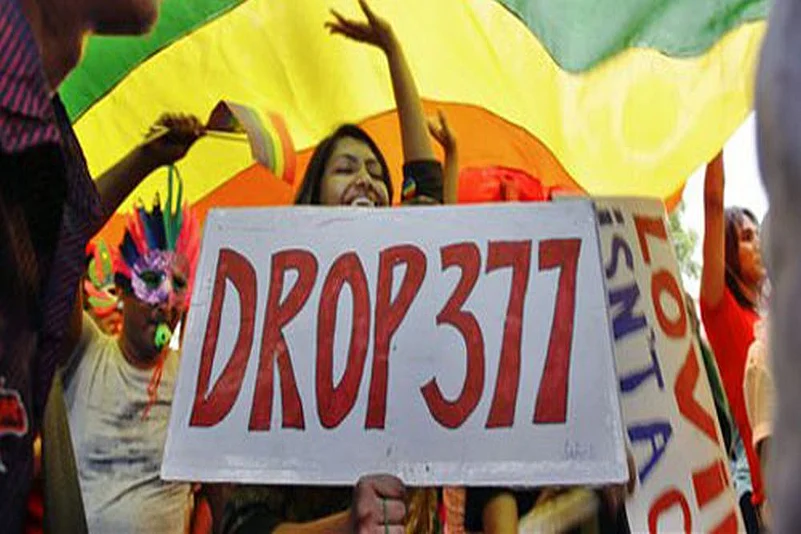As the Supreme Court judgemnent decriminalising consensual gay sex came out on Thursday, celebrations broke out in the LGBTQ community and the judgement is being hailed as "historic".
Legal experts also weighed in on the importance of the judgement and the consequences of decriminalising gay sex and striking down parts of colonial era section 377.
While former Attorney General Soli Sorabjee termed it as a "celebratory" judgment, senior advocate Anand Grover said the verdict will change the political course and human values.
Senior advocate Mahesh Jethmalani said the verdict has opened the door for complete equality for the Lesbian, Gay, Bisexual, Transgender and Queer (LGBTQ) community.
Sorabjee said it is a celebratory judgment and if an individual has certain sexual preference, it is not a crime.
"How can you make it a crime on a person of certain orientation," he asked and said that members of the LGBTQ community have the right to live a life with dignity.
"If it is a same-sex act, it should be between consenting adults (age where the person knows the consequences of his actions) and in the privacy of home, not in public. To make the consenting adults criminals is absolutely wrong," Sorabjee said.
Other aspects of Section 377 of IPC dealing with unnatural sex with children must remain to protect the minors and they cannot be abused, he said.
Grover, who was appearing for one of the petitioners in the case, said the judgment has come on the expected lines. "It is a historic judgment which will change the political course and the human values," he said.
Similarly, Jethmalani said the verdict has opened the door for complete equality for the LGBTQ community.
"The Supreme Court has opened the door and it has opened it quite wide. But there is still a long way to go," he said.
He said though the union government did not actively support the 2013 verdict of the apex court which had re-criminalised consensual unnatural sex, it had not opposed it either. "Lead could have been taken far more actively by the union government," he added.
O Thursday, a five-judge constitution bench headed by Chief Justice Dipak Misra termed the part of Section 377 of the Indian Penal Code which criminalises consensual gay sex as irrational, indefensible and manifestly arbitrary.
The bench, which also comprised Justices R F Nariman, A M Khanwilkar, D Y Chandrachud and Indu Malhotra, partly struck down Section 377 as being violative of right to equality. Justices R F Nariman, D Y Chandrachud and Indu Malhotra wrote separate concurring verdicts.
PTI


























